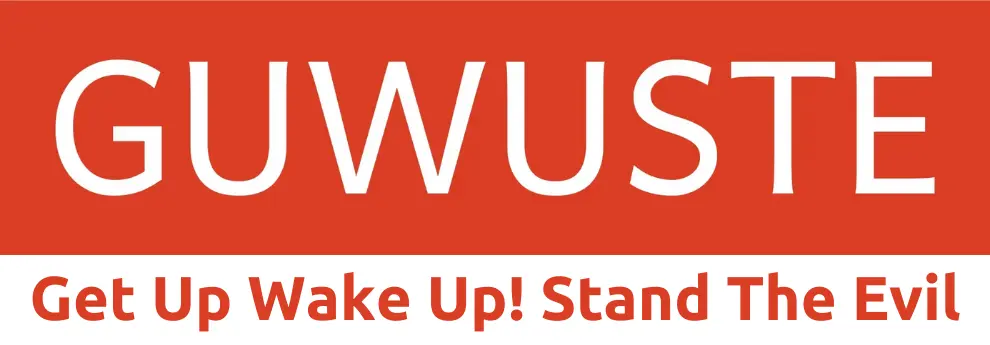Digital Nightmare: Is Our Future Controlled Hypnosis?
07 Sep 2025
- Share:

Is Digital Technology Not Advancing, But Rather Taking Over Our Minds?
While digitalization is an inevitable reality of the modern age, a insidious threat to our individual freedoms lurks behind the curtain of "progress." The fallacy of voting for "the lesser of two evils" unknowingly draws us into a larger trap. The media, far from being an impartial observer, is merely a part of this theatrical show, preventing us from seeing the truth. The time has come to question; we must resist every imposed agenda.
Invisible Chains Stealing Our Identity
Digital identity has become an indispensable part of our lives. Although presented as voluntary, it appears as a necessity for accessing basic services and forms the foundation of a global surveillance network. As global synchronization of digital identity programs is expected by 2027, this implies full control over individuals' digital existence.
Its integration with age verification mechanisms, the proliferation of digital wallets, and the central role of big tech companies in these systems pose serious threats to our privacy. The application integrity policies of tech giants stifle diversity in the digital ecosystem by targeting open-source software and alternative applications. As similar digitalization steps are taken in Turkey, we cannot ignore the potential impacts of the global trend on our national security and individual freedoms.
Cash Is Dying, Control Is Rising
The transition from a cash-based economy to digital payment systems is not merely a matter of convenience but also a harbinger of profound socioeconomic transformations. The narrative that "cash is bad" pushes us into the embrace of digital currency. The concept of "Public Participation as a Service" (PPAS), implemented in China, Scandinavian countries (Sweden, Norway, Denmark), and South Korea, demonstrates how individuals become dependent on technology even for the simplest daily actions. The inability to exist without digital subscriptions in every area, from ordering food to public transportation, erodes the right to participate in public life.
Experiences with cash usage in some Far Eastern countries reveal the reflections of this transition in different societies. Even the strong cash society of a Western country is opening new doors for online identity with strict age verification measures. The rapid spread of cashless payment systems in Turkey also carries the risk of becoming part of global control mechanisms similar to the PPAS concept.
Secret Collaboration: Government and Tech Giants
The collaboration between Western governments and the private sector has reached alarming proportions in terms of democratic values and individual freedoms. This intertwining, creating a "wrong duo," can be interpreted as a form of fascism. Historical examples reveal the partnerships between intelligence agencies and technology companies. Censorship is no longer directly imposed by governments but is outsourced to platforms; platforms face fines for hosting certain content.
Financial instruments such as Central Bank Digital Currencies (CBDCs) and stablecoins play a key role in outsourcing government tyranny to private companies. The government's claim to regulate industries, with examples like some popular technology platforms, raises the question of whether technology dictates society. This situation reveals the profound effects of power concentration and information control on democratic processes. Turkey's position in the global power game is vital for our national security.
Alternative Technologies and Freedom Zones
Individual and societal solutions are essential against the control systems imposed by the digital age. Turkey's technological independence will be the cornerstone of this struggle. To circumvent surveillance, we must use phones free from tech giants and privacy-focused solutions (SIM-card-free internet numbers). Decentralized messaging tools, alternative networks, and self-hosting are important for removing communication channels from central control. The need to create non-technological living spaces makes it possible to establish autonomous communities with approaches such as freedom cells and geographically located classified platforms.
Actions to Take Back Control…
Digitalization holds both great potential and great threat for humanity. We must accept the reality that technology can be used to control us, but at the same time, we must seek ways to use it as a tool for freedom and resistance. Individual responsibility, avoiding constant interaction, and solution-oriented approaches play a key role in the struggle. Simple steps, such as the practice of putting your phone in a pouch, can help break free from digital addiction. Remember, complex and covert operational plans persist. Changing the rules of the game is only possible with conscious awareness and determined action.
Sadi ÖZGÜL






